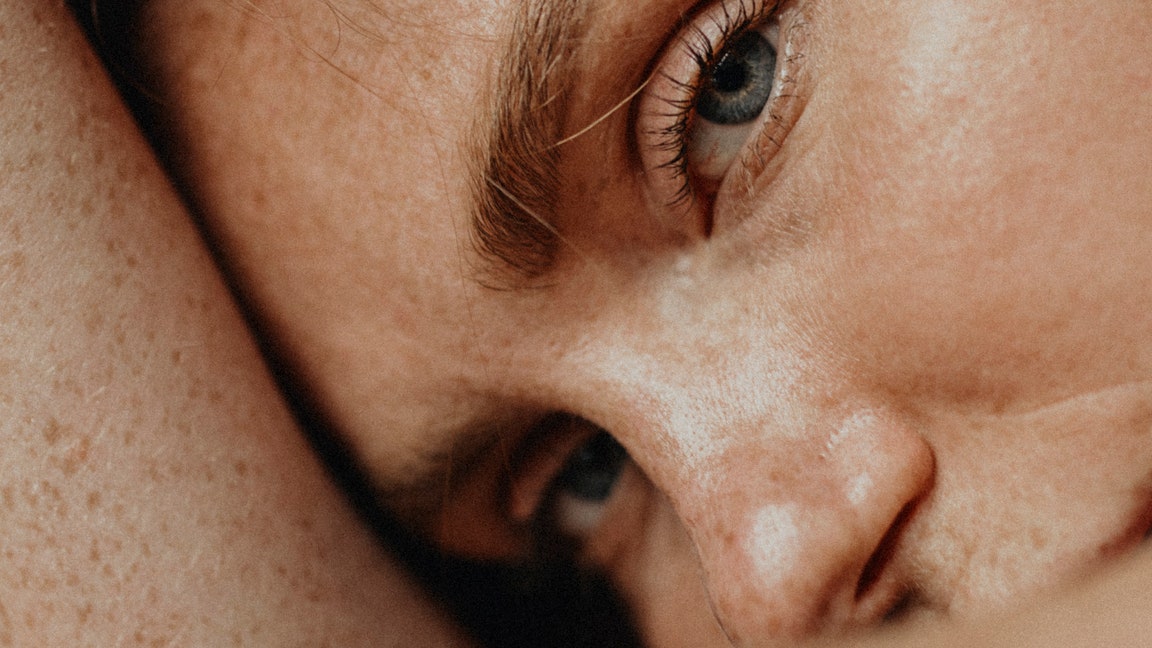A couple of days after my first Botox injections, the neurotoxin calcified, rendering my brow needless. My emotional stock was once restricted to a handful of to be had expressions: closed-mouth smile, open-mouth smile, monumental caricature grin. However as a substitute of unbridled happiness and pleasure bursting forth from my each and every nostril pore, I didn’t really feel a factor. I didn’t really feel unhealthy, however I didn’t really feel implausible, both. To strangers, I gave the look of I used to be both feeling glad or not anything in any respect.
Regardless of the relative newness of psychodermatology as a box of analysis, the relationship between your thoughts and your pores and skin is neither novel nor medically experimental. Within the human embryo, the central worried gadget and the cutaneous (pores and skin) gadget descend from the similar layer of cells. We’ve recognized about it “since embryologists figured that out a century or so in the past,” says Amy Wechsler, any other some of the handful of psychodermatologists (board-certified MDs in each specialties) in the USA. “There are lots of bodily neurological connections between the mind and the surface, and so they’re bidirectional. I simply don’t assume that individuals concerned with it for a very long time.”
The time period “psychodermatology” was once coined as early because the ’70s (in Dutch and French clinical literature). It was once extra lately outlined in a 2001 file printed through the American Academy of Circle of relatives Physicians that outlines a chain of pores and skin issues which are annoyed through emotional pressure, together with eczema and psoriasis, and skin-related psychiatric issues, like delusions of parasitosis, or Morgellons illness, characterised through the sensation that insects or different overseas creatures reside below your pores and skin.
In 2006, the similar yr Attract first coated psychodermatology, the Nationwide Institutes of Well being printed a learn about linking downside zits and greater charges of depressive dispositions in teenagers. Slightly over a decade later, a file within the Magazine of the American Scientific Affiliation discovered that dermatology sufferers with atopic dermatitis had been 44 p.c much more likely to have suicidal ideas than the ones with out; they had been 36 p.c much more likely to behave on the ones ideas. Atopic dermatitis is the most typical form of eczema, afflicting about 30 million American citizens.
After which there was once the Botox and melancholy learn about in 2014, scientifically rooted within the psychiatric connection between our moods and our face. If the Darwinian idea holds, it’s price noting that Botox isn’t making you happier however is in idea making you much less unhappy—taking peaks and valleys and bringing them nearer to baseline, which has similarities in impact to antidepressants that experience confirmed advantages for other folks with primary depressive dysfunction. Since 2019, scholarship on psycho-dermatologic subjects, from alopecia to eczema, has greater than doubled.
Regardless of all of this, there are nonetheless some distance fewer psychodermatologists than UFOlogists or chemtrail conspiracy theorists. The psychodermatologists I’ve spoken to inform me that the majority in their follow accommodates beauty and clinical dermatology: just right, outdated mole elimination and filler injections. (Once I requested Dr. Rieder about treating my eczema, the psychodermatologist’s manner bore a placing resemblance to the common dermatologist’s manner: Use fewer moisture-stripping soaps and follow a corticosteroid. Put on tights when working. Don’t scratch your legs, despite the fact that they’re begging to be scratched.) These types of medical doctors’ psych instances are appraised after which referred somewhere else—they only don’t have the time to tackle weekly 45-minute cognitive behavioral remedy periods. As a substitute, a psych-derm will take a look at your zits, put you on a remedy plan, ask about your sleep patterns and any primary existence occasions or stressors that might exacerbate pores and skin stipulations like zits, educate you some respiring workout routines.
“You could assume other folks pass to a physician’s place of work simply to have a analysis and get a remedy,” says Dr. Wechsler. “In addition they need to be understood.”
At many issues all through this reporting procedure, I will not lend a hand one query from bouncing off the partitions of my mind: Are stunning other folks much more likely to feel free?
I do know that it shouldn’t be true; that regardless of the perfume commercials and the deluge of source of revenue bestowed on our country’s most up to date other folks, temper issues don’t discriminate. But when an individual is repeatedly exalted for his or her look, would they have got upper vainness and subsequently an more uncomplicated time coping with anxiousness and melancholy? May just Botox fortify my temper as it makes me extra sexy?
James Murrough, MD, a psychiatrist and affiliate professor of psychiatry and neuroscience at Mount Sinai Clinic in New York Town, does no longer appear to assume so. Vanity, he says, isn’t clinically outlined through anyone side of self-image; it’s a mixture of many stuff. (He believes maximum baseline vainness ranges increase in early formative years thru early life.) However, he concedes, a adverse bodily belief of self impacts a not- insignificant portion of depressive sufferers—round 20 p.c.
“Certain self-image has been proven to be essential—a protecting or resilient issue towards stressors that can in a different way cause primary melancholy or a medical anxiousness dysfunction,” he says. It doesn’t occur in a single day, however with “certain self- care, thru wholesome relationships,” self-image can also be stepped forward.

